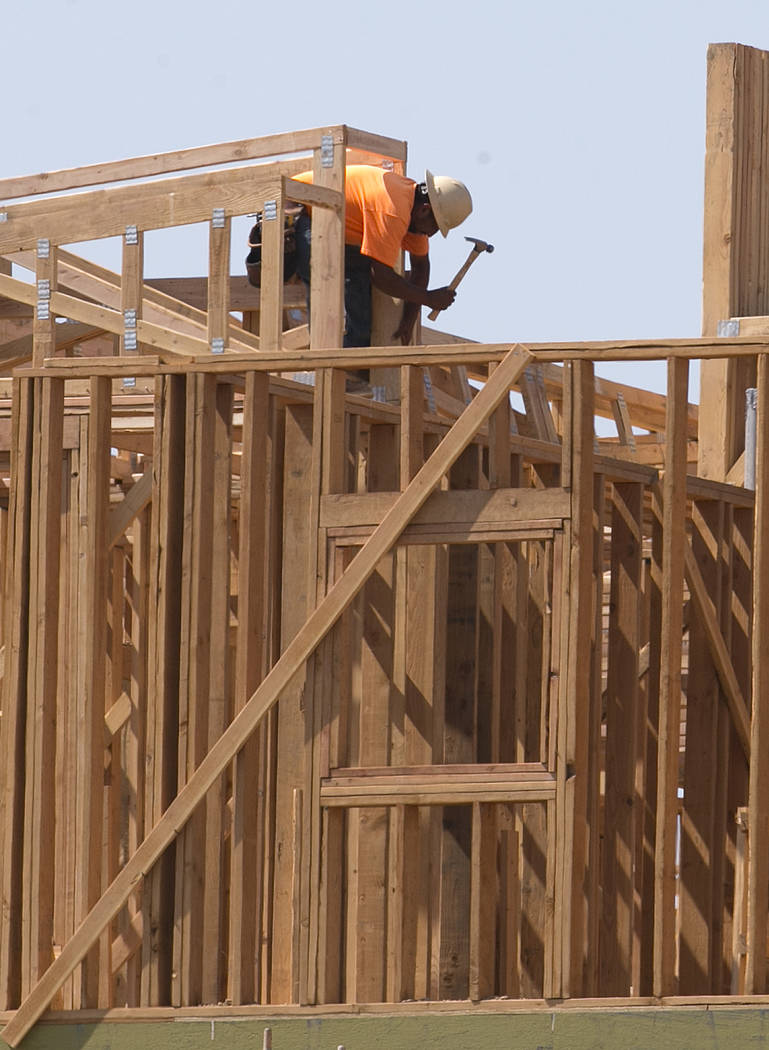EDITORIAL: Nevada lawmakers look to make housing ‘crisis’ worse
Occam’s razor is a scientific theorem which essentially holds that the simplest solution to a problem is likely the most effective approach. Nevada lawmakers would be wise to apply this principle to what some onlookers see as a burgeoning affordable housing crisis in the state.
Local housing officials argue that finding a place to live is becoming more difficult in Nevada, particularly for indigent families in the Las Vegas area. The National Low Income Housing Coalition’s last year unveiled a report called The Gap, which labeled Nevada the worst state in the nation at providing “affordable housing” to those in extreme poverty.
In response, state lawmakers — particularly Democrats — have offered up redistributive proposals to bribe developers with tax credits to increase the availability of “affordable housing.” Gov. Steve Sisolak said he welcomes this effort as an “important first step” toward addressing “our housing crisis.”
Ultimately, however, such interventions will do more harm than good because they are designed to achieve a political end and they ignore the simplest and most promising solution: Eliminating government restrictions that deter developers from building.
Consider Tokyo. It has avoided the soaring housing prices that plague U.S. cities such as New York City, Los Angeles or San Francisco.
“Over the past decade,” The Wall Street Journal reported this week, “Japan has consistently built almost 1 million new homes and apartments each year, according to official statistics. In the U.S., where the population is more than double Japan’s, 1.25 million new homes were built in 2018.”
As a result, the Journal noted, the average rent for a two bedroom apartment in Tokyo — one of the world’s most expensive cities — is just below $1,000 a month. Japan’s “relatively deregulated housing policies” — which include “no rent controls and fewer restrictions on height and density” — have “allowed housing supply to keep up with demand,” the paper found.
Progressive activists argue that relaxing regulations will encourage developers to build only high-end projects, leaving the poor worse off. This doesn’t survive economic scrutiny. “So long as developers increase the overall supply of housing,” noted legal scholar Richard Epstein explained in the RJ last year, “prices at all levels will go down.”
A 2018 paper by professors at New York University agreed. “We ultimately conclude, from both theory and empirical evidence, that adding new homes moderates price increases and therefore makes housing more affordable to low- and moderate-income families.”
Per Occam’s razor, the most obvious solution is the most promising: If officials seek to goose the state’s housing supply, they should avoid further meddling, get out of the way and allow builders to meet demand.




























